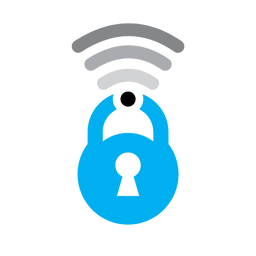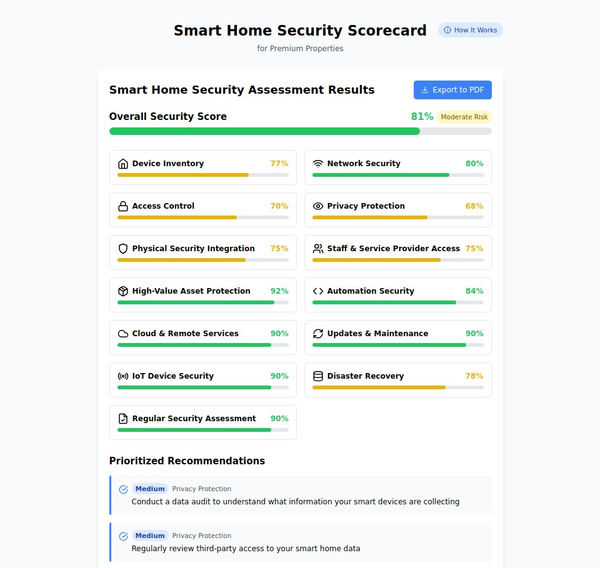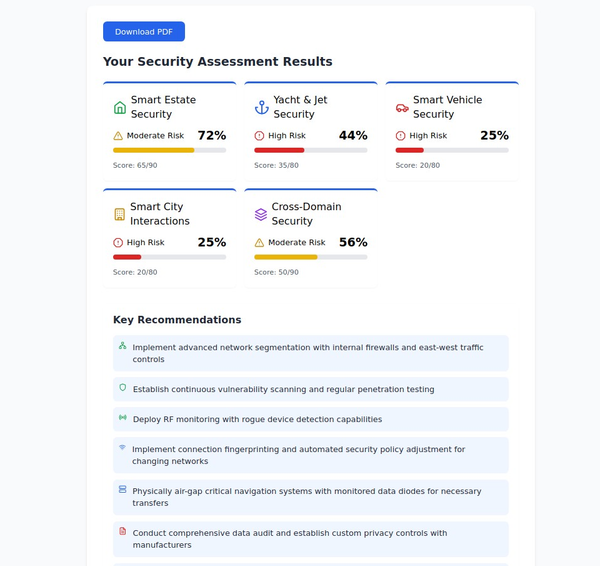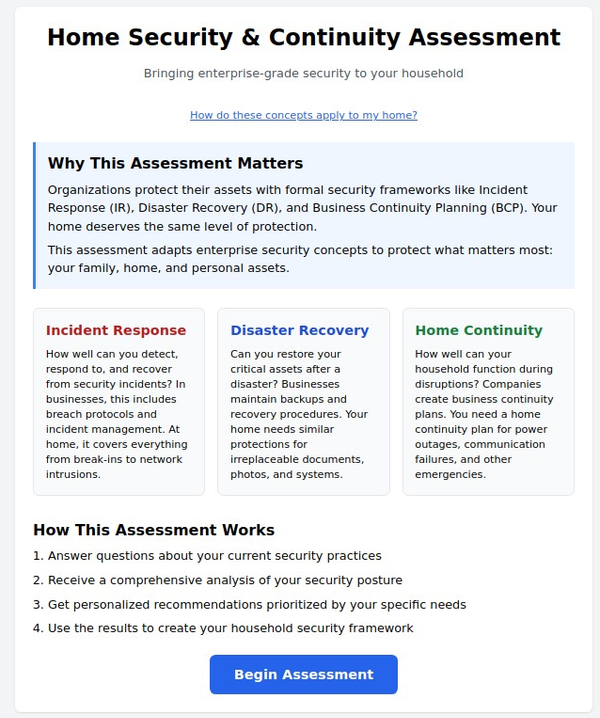IoT Security Vendors sharing Info with Law Enforcement

The Conundrum of Convenience and Surveillance
In the realm of smart home technology, devices like Ring doorbells represent a modern convenience, offering homeowners a sense of security. However, this technology also brings forth substantial privacy concerns, especially with recent revelations about Ring's data-sharing practices with law enforcement.
Ring's Data Sharing: A Case Study
Amazon, the parent company of Ring, admitted to providing video footage to police without the consent of device owners in specific instances. This action raises critical questions about the balance between public safety and individual privacy rights.
The Legal and Ethical Landscape
- Police Agreements: Amazon's collaboration with over 2,000 police departments, primarily through the Neighbors app, has sparked debate. While this partnership may aid in crime prevention, it also risks turning private homes into surveillance outposts without explicit homeowner consent.
- Emergency Exceptions: Ring's policy of sharing footage in emergencies without a warrant has led to concerns about the subjective nature of what constitutes an "emergency."
- Transparency and Consent: The lack of transparency in these data-sharing practices, combined with the absence of owner consent, highlights a critical gap in current smart home technology governance.
Balancing Act: Privacy vs. Security
As IoT devices become increasingly embedded in our daily lives, the need for transparent policies governing data sharing is paramount. The challenge lies in ensuring that these smart devices enhance security without infringing on privacy rights.
- Establishing Clear Guidelines: There's a pressing need for clear regulations and guidelines on when and how data from IoT devices can be shared with law enforcement.
- Empowering Users: Providing users with more control over their data and ensuring they are informed about data-sharing practices is essential.
- Legal Protections: Strengthening legal frameworks to protect consumer privacy while accommodating legitimate law enforcement needs can help balance these interests.
Looking Ahead: A Call for Responsible Innovation
The Ring case exemplifies the broader challenges faced in the smart home technology sector. As we move forward, fostering a culture of responsible innovation that values privacy as much as utility will be crucial in shaping the future of smart home technology. This approach not only respects individual rights but also maintains public trust in these evolving technologies.

